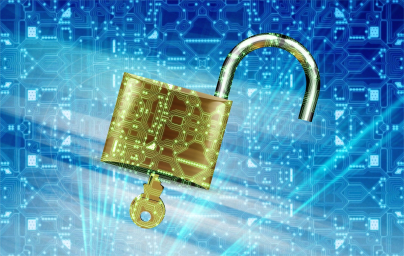
Interactive
Certified Information Systems Security Professional, CISSP, Part 8 of 9: Incident Management
BizLibrary
Updated Jan 21, 2020incident management, types of laws and computer crimes. how to handle evidence, physical security and how to integrate with information security. This course contains the following lessons:
Lesson 1:
- Seriousness of Computer Crimes
- Incidents
- Incident Management Priorities
- Incident Response Capability
- Incident Management Requires
- Preparing for a Crime Before It Happens
- Incident Response Phases.
Lesson 2:
- Types of Law
- Foundational Concepts of Law
- Common Laws: Criminal
- Common Laws: Civil
- Common Laws: Administrative
- Intellectual Property Laws
- Software Licensing.
Lesson 3:
- Historic Examples of Computer Crimes
- Who Perpetrates These Crimes
- Types of Motivation for Attacks
- Telephone Fraud
- Identification Protection and Prosecution
- Computer Crime and Its Barriers
- Countries Working Together
- Security Principles for International Use
- Determine if a Crime Has Been Committed
- When Should Law Enforcement Get Involved
- Citizen vs. Law Enforcement Investigation
- Investigation of Any Crime.
Lesson 4:
- Role of Evidence in a Trial
- General Rules for Evidence
- Evidence Requirements
- Evidence Collection Topics
- Chain of Custody and Evidence Processing
- Evidence Types
- Hearsay Rule Exception
- Privacy of Sensitive Data
- Privacy Issues: US Laws as Examples
- European Union Principles on Privacy
- Employee Privacy Issues
- Computer Forensics
- Trying to Trap the Bad Guy
- Companies Can Be Found Liable
- Sets of Ethics
- Ethics
- Summary.
Lesson 5:
- Physical Security
- Physical Security: Threats
- Different Types of Threats and Planning
- Facility Site Selection
- Devices Will Fail
- Controlling Access
- External Boundary Protection
- Lock Types
- Facility Access and Piggybacking
- Securing Mobile Devices
- Entrance Protection
- Perimeter Protection
- Perimeter Security
- Types of Physical IDS
- Sensors
- Facility Attributes
- Electrical Power
- Problems with Steady Power Current
- Power Interference And Preventative Measures
- Environmental Considerations
- Fire Prevention
- Fire Detection
- Fire Types
- Suppression Methods
- Fire Extinguishers.







